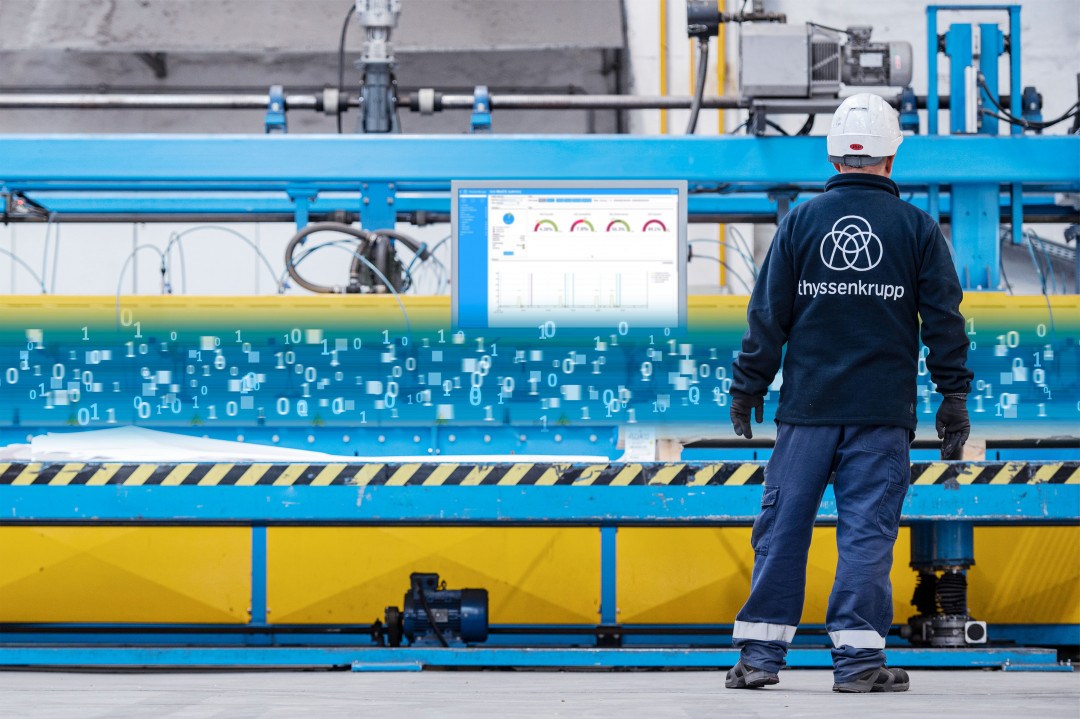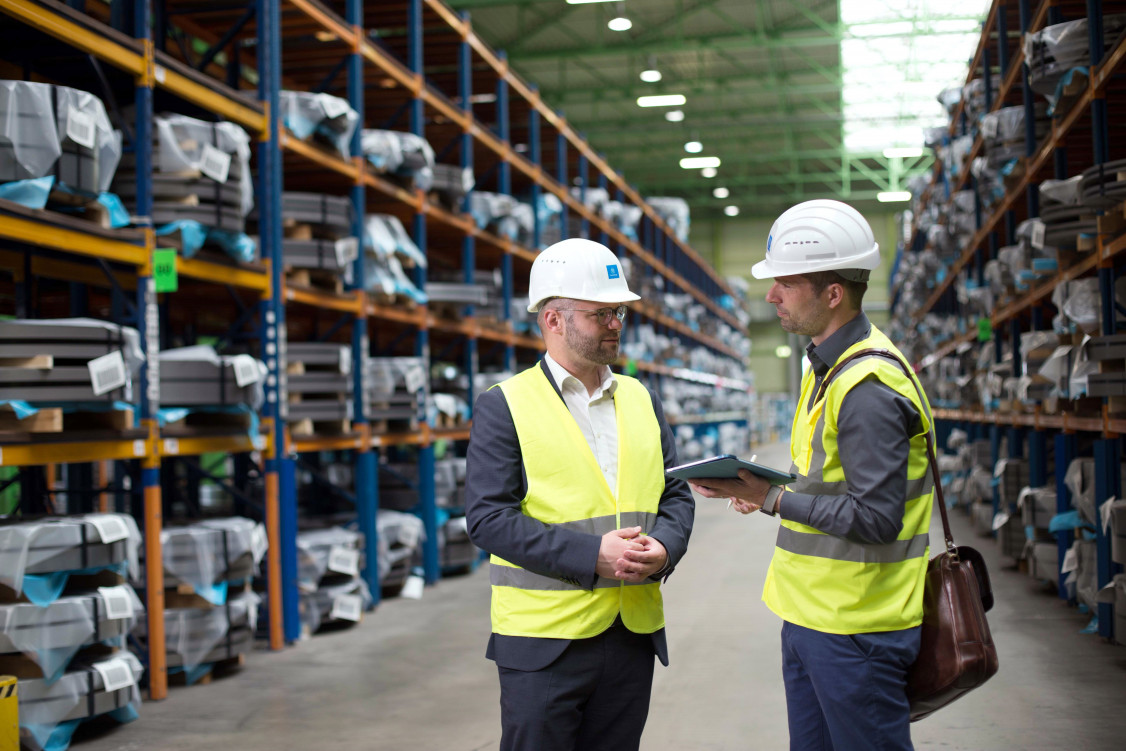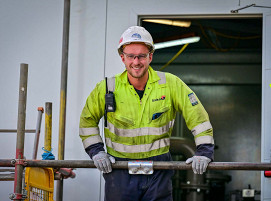
Reducing energy costs and increasing eco-efficiency: thyssenkrupp Materials IoT expands IIoT and MES platform toii® with energy monitoring
The energy transition confronts companies with major challenges. Renewable energies and energy-efficient operations have become a key economic factor. The new energy monitoring tool toii®.Energy from thyssenkrupp Materials IoT, a spin-off from thyssenkrupp Materials Services, supports manufacturing companies in optimizing their energy efficiency and achieving their sustainability goals.
Transparency through energy measurement
With the new energy monitoring tool toii®.Energy, software developer and digitalization service provider thyssenkrupp Materials IoT is expanding the range of services offered by the Industrial Internet of Things (IIoT) and Manufacturing Execution System (MES) platform toii®. The integrated tool forms the basis for successful energy management and creates transparency in manufacturing companies with regard to the power consumption of machines and plants. Previously, it was unclear how much power the machines were consuming and when peak loads were reached, but now this data is visible and can even be associated with individual orders and products. In this way, toii®.Energy supports companies in achieving their own sustainability goals and significantly reducing operational energy costs. "Thanks to our digitalization expertise, we create transparency on the shop floor, make energy consumption visible across all locations and identify potential savings – a crucial basis for effective energy management," says Sebastian Lang, CEO of thyssenkrupp Materials IoT.
Measuring devices with an Ethernet connection can be connected to machines and systems via an interface and read out by toii®. Relevant data on energy consumption can thus be continuously recorded and evaluated. The collected data is then interpreted and visualized on dashboards on the web-based user interface of toii®.Energy. Here, users can view the power consumption of all machines on the shop floor and flexibly divide them into machine groups according to their own requirements. By integrating production planning from the ERP system, electricity consumption in production can also be retroactively assigned to individual customer orders. An alarm function goes off when power consumption exceeds a pre-defined threshold. This allows appropriate measures to be taken immediately.

Multiple challenges for companies
Nowadays, companies face a variety of challenges when it comes to energy management. These include fulfilling certification requirements, reducing their own emissions and energy costs as well as customers’ expectations that the products they buy have been manufactured in the most environmentally friendly way possible. The international standard ISO 50001 specifies the requirements for an energy management system and serves as a guideline for the continuous improvement of operational energy efficiency. In order to receive certification, companies must comply with the targets and requirements of the standard. Since 2015, the Energy Services Act also requires regular energy audits for all companies that are not small or medium-sized enterprises (SMEs). toii®.Energy addresses these challenges and creates transparency in energy monitoring to identify potential savings.
(Source: thyssenkrupp Press Release)
Schlagworte
Energy ConsumptionRenewable EnergiesSmart Energy





![SCHWEISSEN & SCHNEIDEN 2025 [EN]](/images/frontend/journals/dvs-sus_sm.png)
